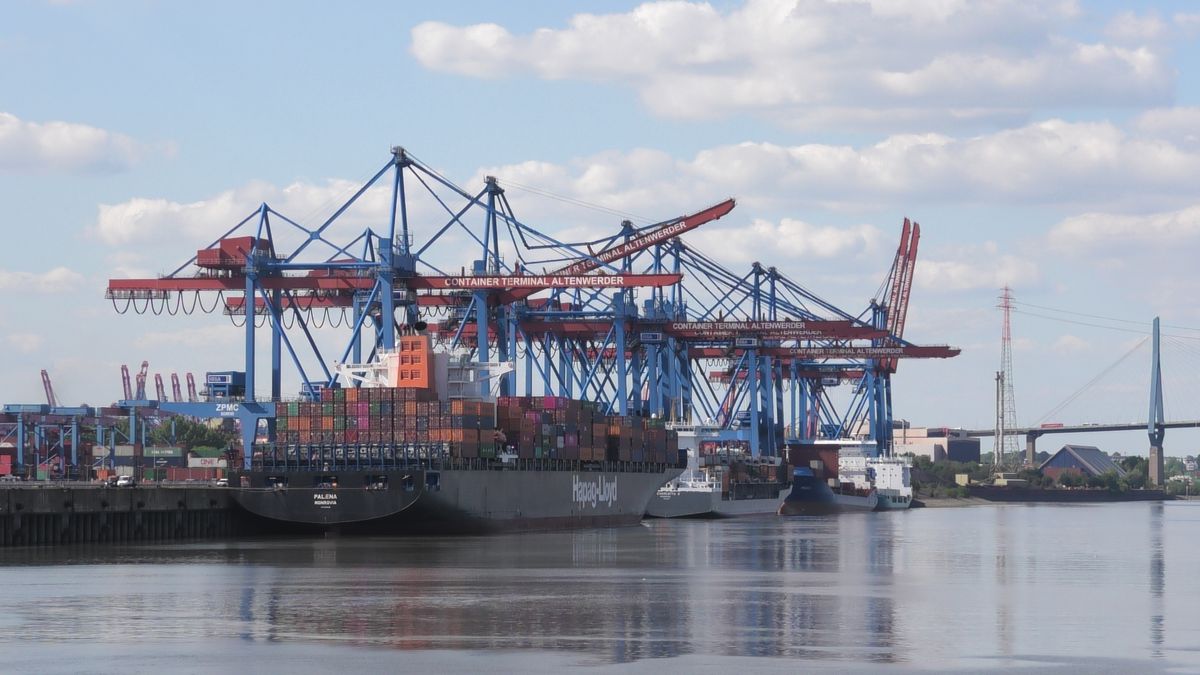Germany Approves Controversial Sale of Hamburg Port Terminal Shares to China's COSCO

The Lede: Germany has approved a controversial deal to allow China Ocean Shipping Company (COSCO) to acquire shares in the Hamburg port
What We Know:
- The administration of German Chancellor Olaf Scholz announced that Berlin will finalize a deal that will allow the Chinese state-owned shipping company COSCO to buy a 24.99 percent stake in Hamburg’s Tollerort container terminal. The investment aims to make the terminal a preferred handling location for the flow of trade between Germany and China.
- The decision overrules objections from Vice Chancellor Robert Habeck, who also leads the economy ministry in charge of reviewing investments. Concerns have also been raised by the foreign and finance ministries. Security authorities of the Federal Office for Information Security (BSI) suggested heightened restrictions on the terminal as ‘an operator of critical infrastructure.’
- Scholz, who previously served as Mayor of Hamburg, was able to push the sale through due to the requirement of unanimous cabinet backing to make any changes to the October preliminary approval.
The Background: Germany has been aiming to limit China’s influence in both economic reliance and investment in the country. The COSCO deal stirred controversy in the German government and represents a split between the Chancellor’s Social Democratic Party and the other parties of the ruling coalition. Last October, ministries with ties to the Greens and the Free Democrats demanded a cap on the Chinese company's stake to block outright control of the port terminal, which is considered by some to be a major security gap that may leave the door open to future Chinese influence on a key piece of commercial infrastructure. Chinese companies currently hold stakes in a number of European ports, including COSCO's majority stake in the port of Piraeus near Athens, Greece.
Likely Outcomes:
- Germany’s trade and business ties with China will continue to increase while leaders in Berlin maintain the rhetoric of ‘de-risking’ away from Beijing and signaling disapproval toward hot-button political issues. The dominant European position, Germany’s included, increasingly falls into this contradictory lane. Despite the tough talk on China, economic ties, especially in less security-sensitive industries, will likely strengthen unless a stronger trade policy comes into force.
- China will continue to build upon the gaps in the European ambiguity and offer conditions that European countries will find difficult to resist. The U.S. will likely try to do the same as the closer trans-Atlantic partner, but the American insistence on pressing on against Russia in Ukraine is becoming a difficult strain on Europe. China’s mediation in Ukraine is looking like an increasingly attractive off-ramp. Signals of high-level talks in recent weeks between the U.S. and China may also offer hope for the return of some semblance of friendly relations between the West and Beijing.
Quotables:
"It is a decision against the assessment of the intelligence services and relevant ministries, against Europe's China strategy and against allies who cite China's increasingly aggressive behavior as the greatest threat." – Roderich Kiesewetter, CDU member of parliament
“COSCO, which receives state funds from China, does not compete at the same level as other companies in the sector, [and] its dominant position in the market is a potential geopolitical tool for Beijing.” – Francesca Ghiretti, analyst at the Mercator Institute for China Studies (MERICS)
Good Reads:
Germany’s Scholz overruled Habeck to approve China port deal (Politico)
Germany inks deal with China's COSCO on Hamburg port (DW)
Chinese strategic interests in European ports (European parliamentary Research Service)
